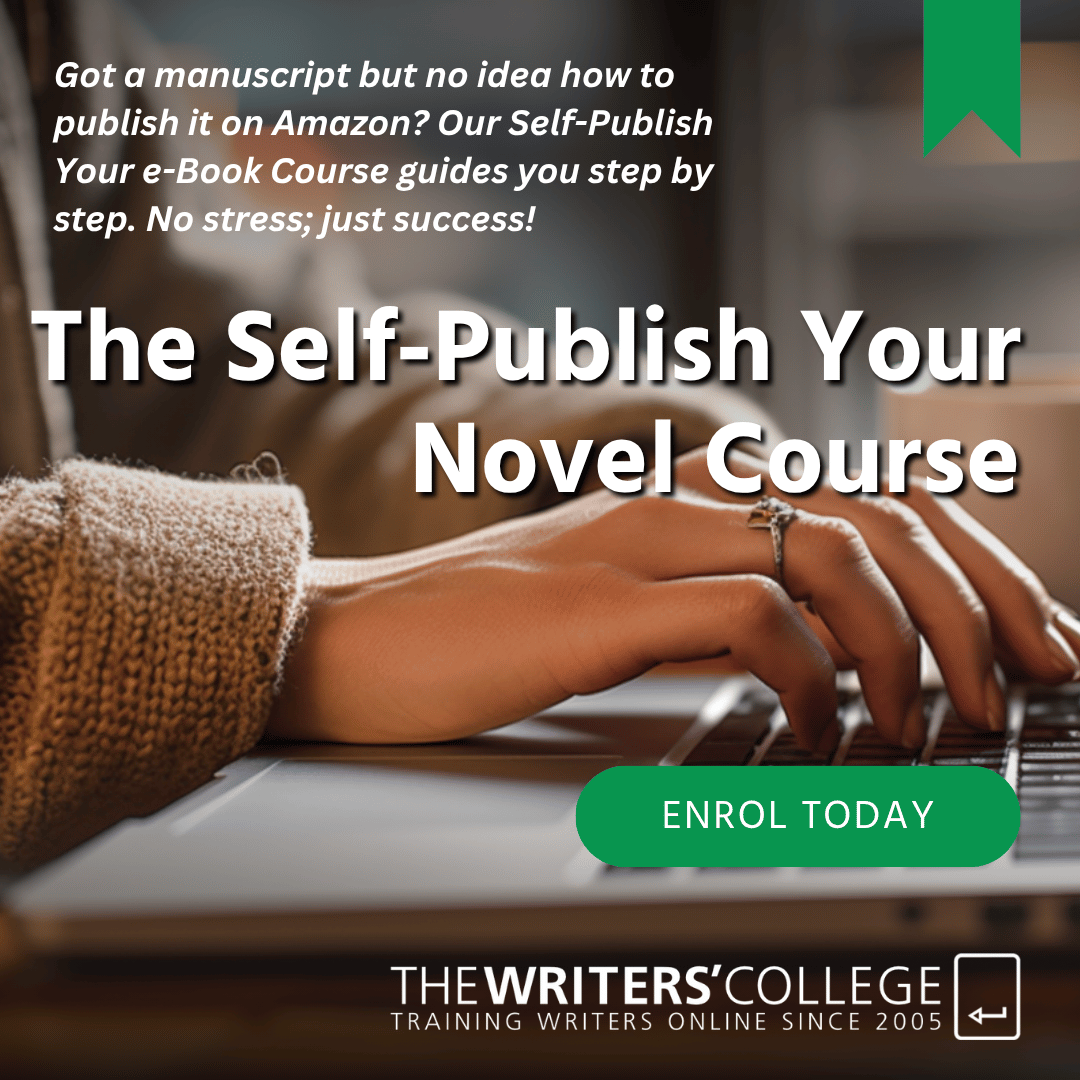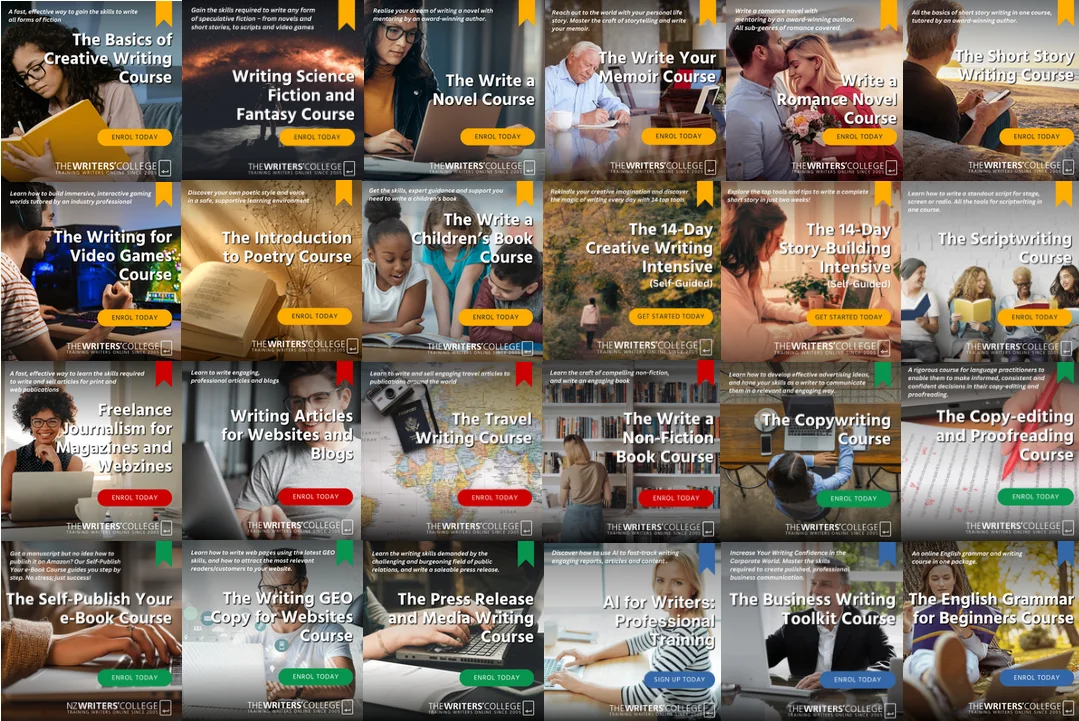Querying a literary agent? Don’t fall for bad advice. Learn the six biggest myths – and what really matters when it comes to getting noticed.
By SARAH KELLEHER
Congratulations! You’ve finished your book. As you scroll through page after page of what you’ve achieved, your mind fills with images of your manuscript on the desk of a major publishing house, skyscrapers outside the window.
Because publishers in New York and London don’t accept submissions directly from authors, you’ll need representation. That’s right. It’s time to jump on the rollercoaster of nerves and hope that is querying literary agents.
Quickly, you find yourself scratching your head. And Googling. How do you write a query letter that stands out? What’s a synopsis? And how do you figure out who to query, anyway?
As you hunt through search results, you stumble across some great information. And some that will only waste your time or send you unnecessarily to the rejection pile. To help you tell the good from the bad, here are the top six misconceptions you can avoid before you start.
1. The first page has to be perfect.
The truth is, agents say the first page of a manuscript is often a bit stiff. They can practically see you sweating over those first paragraphs, your self-consciousness radiating from over-edited, over-thought prose.
Sure, it needs to hit certain points, such as a great hook, while avoiding pitfalls such as excessive exposition or repetitive sentence structure. That’s why beta readers are worth their weight in gold. Just don’t let stage fright tie your opener in knots. It has to be good, but not perfect.
2. The synopsis has to be riveting.
Ah, the submission requirement created to torture writers: the synopsis! If you aren’t acquainted with this hellish device yet, it’s a dramatic one- or two-page summary of your story, designed to intrigue as much as inform. Think of it as an extended version of the back-cover blurb, hitting the major beats and twists of the story and showing how your protagonist’s problems get resolved (or not).
The good news? Many agents don’t ask for one. Of those who do, many admit they don’t even read it unless they’re on the fence about a submission.
Your goal is to put that agent squarely on the ‘yes’ side of the fence with your query letter and sample pages. Sure, a great synopsis could make all the difference – but it probably won’t. As this comforting and informative guide says, relax! It’s only a synopsis.
3. Comp titles don’t matter.
While the synopsis shouldn’t keep you up at night, comp titles might. These are comparable books to yours that have already been published. Agents usually ask for two or three that reflect the flavour of your story and its audience, rounding out their impressions of your manuscript and proving it has a market.
Finding appropriate comp titles can be time-consuming, and that may be why many comments online tell you not to worry about them. Don’t listen. In reality, many agents put so much weight on comps that they switch off the moment they see titles that are obscure, more than five years old, or clearly inappropriate.
So get down to the bookshop and read, read, read. Look for comp titles that share the feel of your story in some way or contain similar elements its fans might appreciate in your book. Can’t find anything quite like your book? That’s fine! Describe your story as ‘X meets Y with the cut-throat intensity of Z.’
Just make sure at least two of your comps were published within the last three to five years. They should be neither obscure (read: unsaleable) nor household names like Stephen King or Jane Austen (which agents may see as delusions of grandeur).
4. You’ve got to stay on top of market trends.
Yes and no.
Here’s the problem: some writers dive into querying thinking they’ll be the artistic brains of the operation while the agent handles all the boring stuff. You’re the creative, staring off into the distance for inspiration, while the agent sweats over a pile of contracts, right?
Far from it. Like you, the agent is looking for a business partner. The last thing they want is a writer too busy chasing butterflies to reply to an urgent email. Or floating by deadlines because, in your talented wisdom, you felt like rewriting the opening chapter as a fifty-stanza poem.
A great way to demonstrate industry nous – or the next best thing, an interest in developing it – is to keep an eye on what’s happening in your genre. Consider this another excuse to read, read, read!
While non-fiction titles tend to be rushed to the shelves to hit trends, this isn’t actually true for fiction. If you spot an uptick in space pirate love stories, by the time you’ve written one (and waited a year or two for it to roll off the printing press) everyone will have moved on to elf romantasy.

5. Always personalise the query letter with a sentence or two.
Once you’ve created your query package – query letter, synopsis, sample pages, comp titles – you’ll hit ‘send’ dozens of times, and researching agents will take most of your attention. Do they have a track record of getting titles published? Are they interested in what you write? And, most importantly, do they seem like the kind of person you’d want to work with?
If you can tell them why you’re excited to query them, it helps you stand out. Agents especially love hearing why your book would slot perfectly into their list. But that sort of reading takes time. In those moments when you’re cramming queries between the tug-of-war of life and responsibilities, Kesia Lupo reassures us personalisation isn’t essential and she’s signed authors who sent copy-paste queries.
But there are two caveats. First, you can’t be lazy: follow the agent’s submission guidelines to the letter. Second, you must address the agent by name. And check the spelling ten times. And whatever you do, don’t commit one of BookEnds agent Jessica Faust’s pet hates: sending a female agent a query that begins with ‘Dear Sir.’
6. Refine your approach with feedback.
Traditional advice is to query a dozen agents at a time. Once you’ve taken that heart-stopping step of clicking ‘send’ on your query package, releasing your precious words into the electric abyss to be – gulp – judged, your desperate hope is that the recipients will declare it ‘good.’ If they don’t (a punch in the face we can all relate to), at least they’ll tell you why, so you can do better in the next round.
Sadly, the NRMN policy ‒ No Response Means No ‒ is increasingly common. That’s when the agent posts their response time in the submission guidelines. When that time passes, rather than receiving a gentle email letting you know they’ve passed on your manuscript, you get… silence.
If your query package is getting crickets, it may be time to consult a freelancer or enrol in a querying course. For a cost-free option, don’t forget your beta readers. They might know as little about querying as you do, but they’ll still help you iron out any stilted, confusing or overthought parts.
With a dash of luck, you may still get some priceless advice in your rejection letters. Should you jump to make changes? Maybe. Agent Alec Shane wants writers to remember the subjective nature of the industry. ‘Nobody knows anything about anything,’ he said at the San Diego Writing Day Workshops conference in 2025. ‘There isn’t a single person in the entire publishing industry that has a freaking clue what they’re doing.’
Harry Potter was rejected by twelve publishers.Stephen King’s debut novel Carrie only saw publication because his wife pulled it out of the rubbish bin. The Chicken Soup for the Soul series may have sold 500 million copies, but it racked up 144 rejections first.
As Shane puts it, ‘Publishing is a casino.’ That means you have to be in it to win. Do your research, keep trying, keep learning. And, most importantly, keep writing.
About the Author

Sarah Kelleher is a former copywriter for QuickFuse Studios and has been published in MiNDFOOD Magazine and online fiction journals. Her love of upmarket women’s fiction pulled her into the querying trenches, where she gathered first-hand insights from agents through query feedback, pitch sessions and two Writing Day Workshops conferences.
She has taken classes with authors Courtney Maum (whose book, Before and After the Book Deal, she recommends), Barbara Kyle, Brannavan Gnanalingam, and celebrated award-winner Emily Perkins (Lioness). As her wallet started aching, she took refuge in free resources from agents Vicky Weber and Cathie Hedrick-Armstrong, Kesia Lupo, and BookEnds, plus editor/author Gina Denny. She recommends the Bindery Agency’s podcast, On Publishing.
Her writing lifeline is Zooms with her international beta-reader group, for whom global daylight savings is a constant wildcard. She lives in Cambridge, New Zealand, where she is forever grateful for her tolerant family – immediate and extended – as well as the world’s physical bookshops, coffee, and cats.











